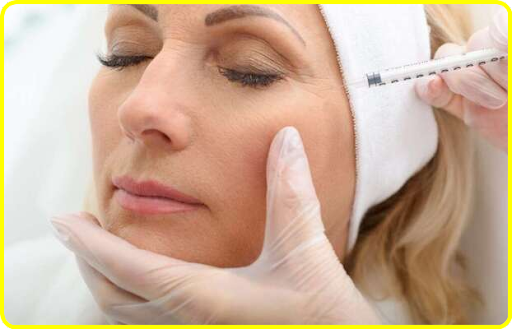
Itching causes and treatments – explained by the best dermatologist in Delhi
Itchy skin, also known as pruritus, can result from a series of medical conditions. People suffering from this disorder will have an increasing urge to scratch their skin to get some relief. There could be a number of causes for pruritus. According to the dermatologist in Gurgaon, the major causes of pruritus are an underlying disease or a response to certain medications.
What is pruritus or itchy skin?
Pruritus is a medical term for itching. It refers to a feeling or sensation of scratching the skin continuously. It could be irritating and painful and might damage the skin. Itching in the skin can either be localized to one particular area in the body or spread to a larger area. A number of medical conditions can cause itching in the skin, such as jaundice. It might also be secondary to exposure to an allergen or dry skin. Pregnancy can also induce itchiness. Itchy skin treatment will depend on the underlying cause. If someone has itching persistently for six weeks or more, then doctors term it as chronic pruritus.
Symptoms of pruritus:
Generally, itchy skin affects small areas of the body, such as the scalp, leg or the hand. At times, it might also affect the entire body. For some people, itchy skin can occur without causing other noticeable changes on the skin. Other common symptoms of pruritus are as follows.
- Inflammation in the skin
- Obvious scratch marks on the skin
- Dry and cracked skin
- Spots, blisters, and bumps on the skin
- Scaly patches or leathery patches on the skin.
It is important to consult the dermatologist in Gurgaon immediately if the following characteristics accompany itching.
- Itching lasts for more than two weeks
- Itching doesn’t seem to improve with self-care measures
- If it is severe and prevents the person from attending to their daily routines
- Itching occurs suddenly with no underlying reasons
- It affects the entire body
- It is associated with other symptoms such as night sweats, fever, and weight loss.
If the condition lasts for three months or more. It is important to get proper itchy skin treatment from dermatologists.
FAQ:
What does pruritus feel like?
Pruritus is a very uncomfortable sensation. It resolves only when we scratch the skin. Some people keep scratching their skin till it bleeds. Scratching will lead to more pain and irritation and worsen the condition.
Pruritus treatment:
There are some of the best dermatologists in Gurgaon who specialize in rendering exceptional itchy skin treatments. Treatment varies from one person to another and depends predominantly on their individual symptoms. Treatment options focus on the following aspects.
- The dermatologist will prescribe a cream, ointment, or lotion on the skin to relieve the symptoms of itchy skin.
- They will also prescribe oral medicines to stop the itching.
- The doctor will also ask to stop taking a particular medicine if itching is its side effect.
- Doctors will focus predominantly on treating the underlying condition that is causing the itching.
- In adverse cases, they will prescribe medicines to treat pruritus. These medicines are,
- Antihistamines
- Steroids – oral and topical steroids (ointment to be applied on the skin)
- Immunosuppressants
- Antidepressants – they relax the nerve receptors on the body that cause itchiness
Preventing pruritus:
Dermatologists recommend prevention rather than undergoing itchy skin treatment. We can mitigate the risk of getting itchy skin by,
- Using sunscreen while going outside
- Making use of UV-protective clothing and accessories
- Consuming plenty of water
- Using skin moisturizers every day
- Using warm water for the shower.
Bottom Line:
Pruritus can cause a lot of discomfort and interfere with the activities of daily living. Dermatologists in Gurgaon suggest regularly using moisturizers on the skin to improve its quality. For chronic and persistent pruritus, it is important to seek advice and treatment completely to prevent relapse. Connect with the best dermatologists today and stay away from this nagging skin condition.







